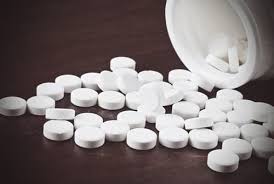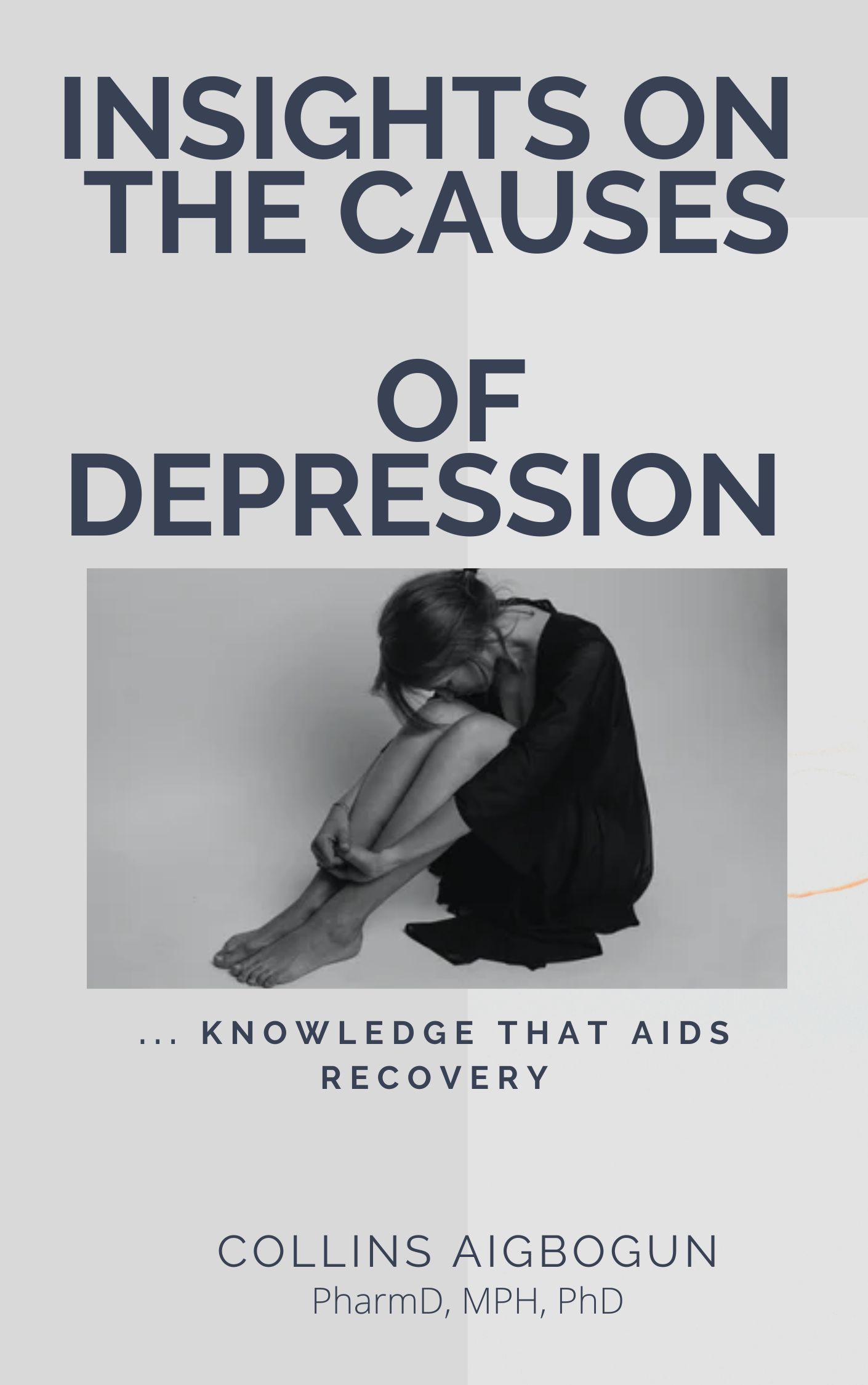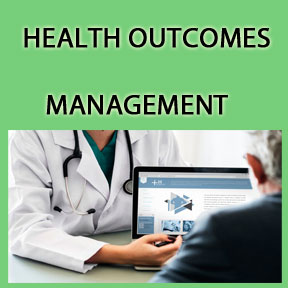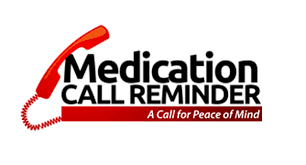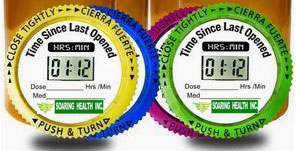Solving a Billion-Dollar Healthcare Problem
Have you observed that times and seasons change rather quickly? The experience is the same in all of healthcare. The good news is that precision medicine can guide patients, physicians, and other health professionals in selecting the most appropriate regimen. This regimen includes a specific drug, strength, and dose, that is most suitable given the patient’s genetic make-up, possible drug-drug interaction, and food-drug interaction while reviewing the clinical presentation of the health challenge. One of the benefits of precision medicine is the ability to reduce the excess of prescription drugs that sometimes lead to adverse drug events.
FINANCIAL BURDEN
Medicare spends over $3.5 billion annually to cover extra medical costs. This expenditure is responsible for between 2% and 8% of readmissions. Do you that a simple swab on the cheek can determine the most appropriate drug? This practice is the simplicity of pharmacogenomics. Analysis of the result helps determine how a drug will react even before the patient takes the drug. The concept of drug-drug interactions and food-drug interactions has become part of medicine, pharmacy, nursing, and other health professions. Nevertheless, gene-drug reaction, which is equally important, can help the patient receive better outcomes from drugs.
CASE STUDY
Imagine the outcome when a regular dose of Alprazolam is given to the patient that slowly metabolizes the drug. The patient will likely have hang-over at work or while driving. The same experience occurs with many prescription drugs. Some likely consequences include loss of income, abandonment of therapy, re-hospitalization, intangible inconvenience to family members, and sometimes death. The single factor that could have reversed these adverse outcomes would have been the use of pharmacogenomics concepts. How excited will you be to receive a report that explains the benefits in greater detail? Click here to receive your free copy.

